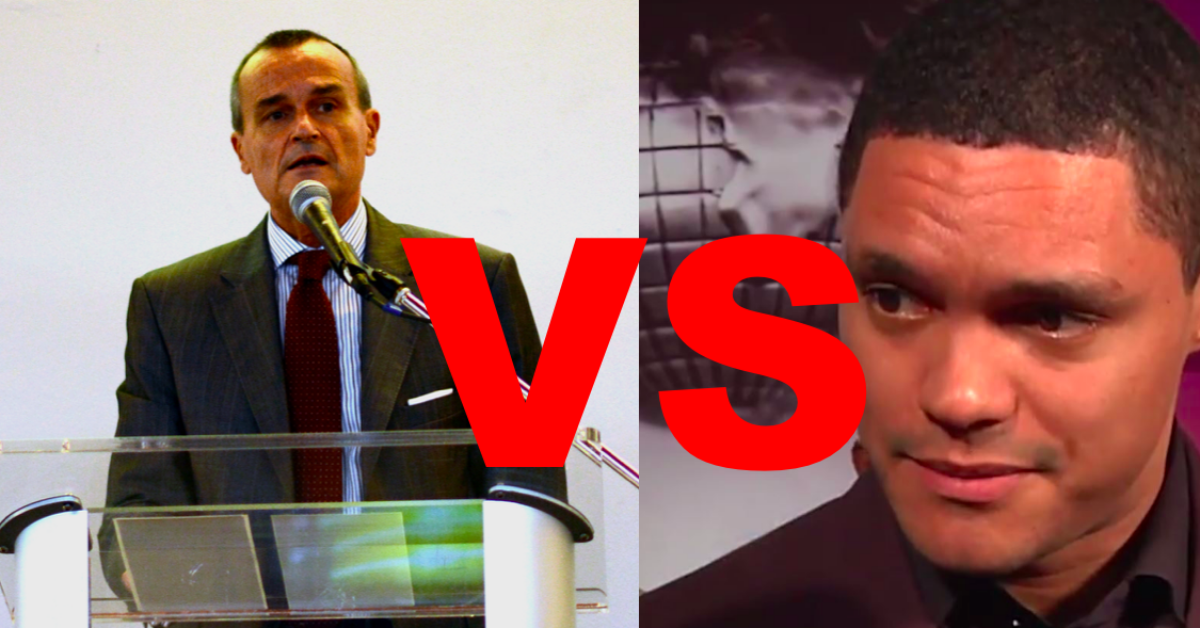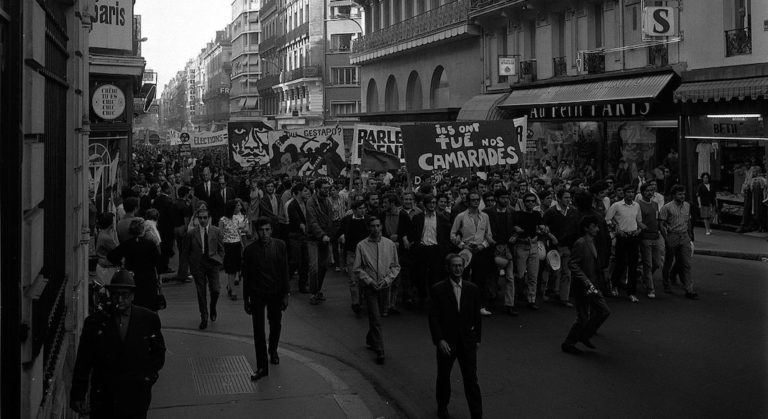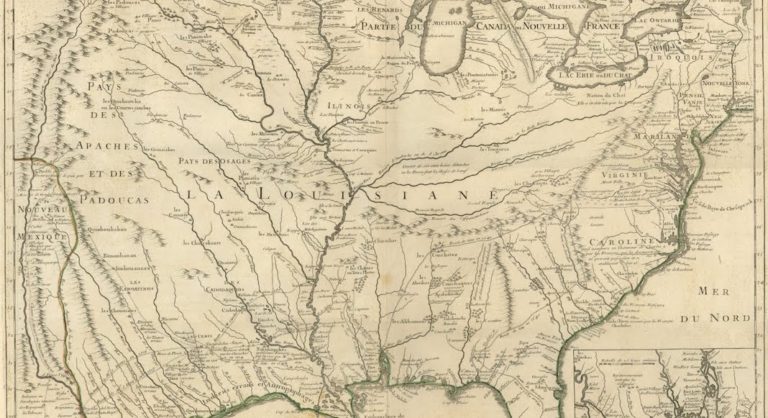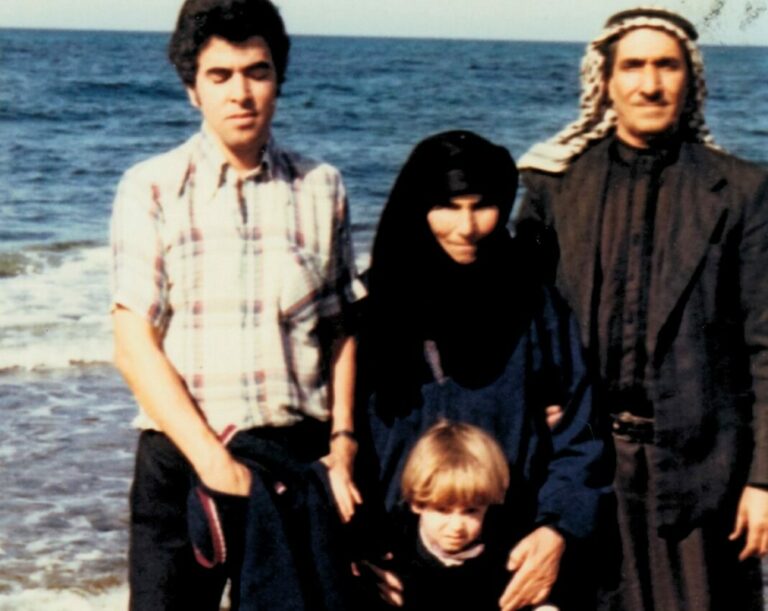It all started with an innocent joke by “The Daily Show” host Trevor Noah, who congratulated Africa on their World Cup victory.
TONIGHT: Congratulations to Africa on winning the 2018 Men’s World Cup! pic.twitter.com/ly1wxU1VzT
— The Daily Show (@TheDailyShow) July 17, 2018
This was followed by a shower of criticism from angry French people, including France’s Ambassador to the United States, Gérard Araud, who sent a polite but firm letter to the 34-year-old host of South African heritage. It was a letter to which Noah replied, this time without laughing too much.
https://www.facebook.com/FranceInTheUs/photos/a.10150246978736315.318839.55529576314/10155273761051315/?type=3&theater
It was an illustration of a dialogue of the deaf between France and the United States on race. Why are the two countries unable to understand each other on this sensitive subject? French Morning asked Crystal Marie Fleming, a race specialist at Stony Brook University and author of a book on the French perspective, “Resurrecting Slavery: Racial Legacies and White Supremacy in France.” Her next book “How to Be Less Stupid About Race: On Racism, White Supremacy and the Racial Divide” is due out in September.
French Morning: Are you surprised by the intensity of the reactions on the French side?

Crystal Marie Fleming: It is surprising that the French ambassador to the United States sent a letter to Trevor Noah, but it says a lot about the place of race in French politics today. In 1998, the multiculturalism of the football team was celebrated, but in 2018, it’s brushed aside. The victory of Les Bleus is presented as that of France and of France alone.
Several factors explain this. One of them is the rise of the far right in France and the hardening of the traditional right. In his letter, Ambassador Araud mentioned that dual identities (African and French, for example) are not recognized in France. It’s a way of saying that the French model is superior to that of the United States. One of the things I explain in my book is that this feeling of superiority reveals how uncomfortable the French political class is with the realities of racism and colonial history.
I was surprised to see how informed Trevor Noah’s response to the ambassador’s letter was, as he comes from apartheid-torn South Africa. Noah rightly pointed out that the refusal of many French people to recognize a double identity has much to do with the denial of colonialism. If the French team is so diverse, it is precisely because of this colonial past.
Is the unease you’re talking about more related to historical factors like colonialism or to more situational and current factors like the rise of the National Front?
The idea of creating a French republican identity, where ethnic origins are erased, goes back to a period in history, the 18th century, when France was already creating racial divisions. It had established white supremacy in the Caribbean, for example. Even after the abolition of slavery in France, exploitation continued, leading to revolutions in territories controlled by France. The paradox is therefore old.
Today, in France, there is no simple way to assert one’s multiple identities. Wanting to do so is described as an insult to France and becomes a way of excluding people of color from the French community. Certainly, there are extremists who use this Africanness to exclude people of color. But that’s not what Trevor Noah is doing. And that’s not what many groups in France who are starting to have the same conversation about recognition of identities are doing either. There is actually a growing resurgence of ethnic and racial mobilization in France. There are racial or ethnic movements that say “one can be French and black,” such as the Representative Council of Black Associations, or “one can be French and a descendant of slaves,” going along with the ideas of the committee “Marche du 23 mai 1998” which campaigns for the recognition of slavery and the advancement of the descendants of slaves.
There are also movements led by black women like Nyansapo, who are asserting an Afro-feminist identity for black women in France and Europe.
In the United States, as in France, the national project was built on anti-African sentiment. It justified slavery. The big difference between the two countries? In France, there is not a long history of black development and Africanness, whereas the United States has undergone a long process of affirming and developing black identity, promoted by the church, education, or unions. Black mobilization has created spaces for this identity to assert itself within the United States, despite racist opposition. The historian William Cohen showed in his book “The French Encounter with Africans: White Response to Blacks, 1530-1880” that modern French identity was built on the rejection of Africanness. In exchange for their assimilation and acceptance by society, they were forced to put their black identity aside.
In the debate unintentionally launched by Trevor Noah, we hear many French people say that the American model leads to racist and communitarian excesses, that it divides individuals… Is there not truth in that?
Yes, there is truth, but very often this kind of response is an attempt to avoid the problem of French racism and the reality of racialization in France. We must recognize that racism exists in both our countries and that there is not an acceptable level of racism. Saying that the situation is worse in the United States does not make the situation better in France. This shows to what extent some French people do not understand their own society and that they ignore the racial oppression that takes place at home.
Unlike the United States, where racial categories have always existed because slavery structured the country economically and politically, the French long lived with the idea that slavery did not exist on their soil. This is partly due to geographical remoteness, as the practice existed mainly in the overseas territories. But political institutions and economic structures linked to slavery have built an ideology of race in French society, including in metropolitan France. Structural racism and white supremacy in France are among the most important consequences of the slave trade and colonization. That’s what I’m trying to show in my book “Resurrecting Slavery.”
In the United States, there are many more organizations and institutions representing racial groups. There are also some in France, but they are much less numerous and they are attacked by the right as well as the left. Here in the United States, a ban on an Afro-feminist festival by a left-wing mayor would be unthinkable, whereas we saw it in Paris last year when Anne Hidalgo called for a ban on the Nyansapo rally on the grounds that it was “forbidden to whites.”
Beyond this controversy, do you think France is moving towards a more American model? Can the United States also learn something from the French vision?
Both countries must above all be open to listening to the people of color living there. I know French people who have lived in the United States for a long time and who understand better how the processes of racialization work and realize that we cannot have a colorless vision when we live in societies imbued with systemic racism. When we listen to the activists of color in France, we realize that more and more of them are trying to overcome the French hegemonic vision of a single identity.
It’s important for minorities in France to be able to tell their own stories. There are journalists and authors like Rokhaya Diallo, or filmmakers like Amandine Gay, who try to make their reality known on a global scale by speaking multiple languages (English for example) and by turning to new medias to say “we are French and something else.” But there’s still a lot of resistance. It will take time for them to achieve the multicultural recognition Trevor Noah speaks of.
This interview was conducted by Alexis Buisson






